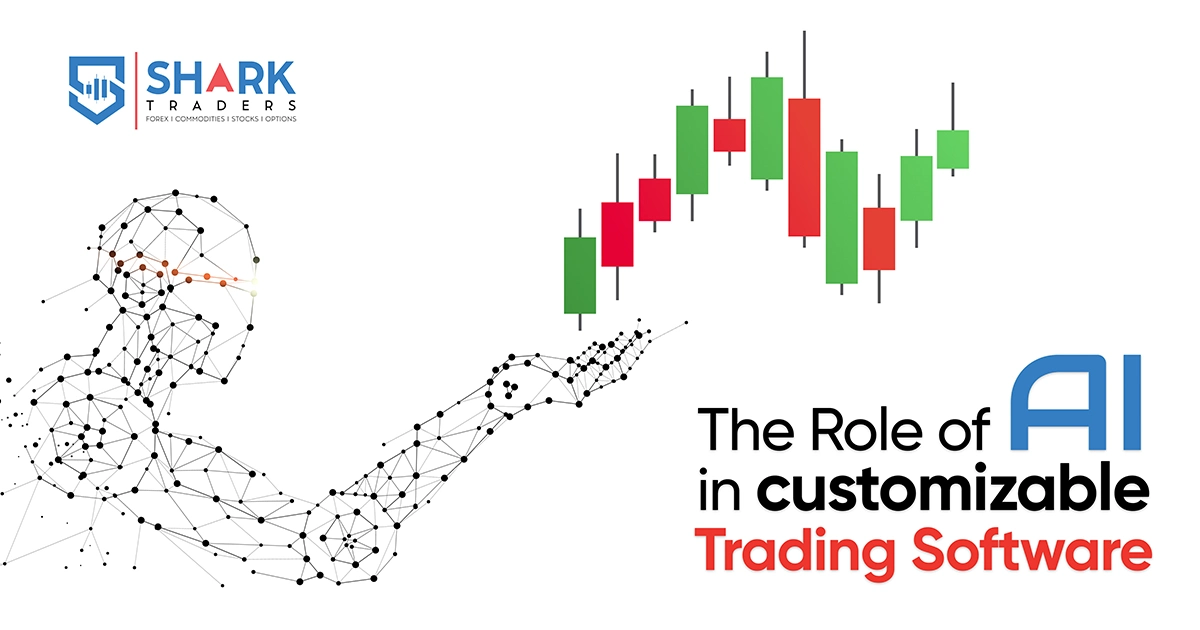Did you know that the daily turnover of the Forex market accounted for $7.5 trillion? But, what is even more amazing is that liquidity is a key component supporting the balance and growth of the market.
Further, liquidity providers are the ones delivering liquidity to the extremely huge and constantly active forex market. Otherwise, the high trade volume on forex trading platforms may result in sudden price fluctuations and potential losses.
That’s why, the importance of liquidity providers is increasing alongside the forex market. To better understand these dynamics, let’s discuss the role of liquidity providers in forex brokerage succession detail. But first, what is forex liquidity?
Forex Liquidity Explained
Basically, liquidity refers to how easily assets can be bought or sold at stable prices without causing big price changes. A highly liquid market carries quicker trading at predictable costs. However, the low-liquidity market conducts slower trades at unpredictable prices, resulting in slippages.
As a result, liquidity is important to traders because it allows for faster trading execution at a fixed price rate. Traders can easily enter and exit positions at minimal cost. However, when liquidity is reduced, bid-ask spreads widen, increasing both trading risk and trading costs.
In the forex market, liquidity is termed forex liquidity. It describes how easily a currency can be bought or sold at a stable price without causing a big price change. A highly stable forex market is mainly due to high liquidity, which means the market is quite active. An unstable forex market, on the other hand, could be caused by a lack of liquidity, which represents low market activity and results in volatile price movements.
Participants in the Forex Market Ecosystem
In essence, a forex ecosystem consists of the following:
- Retail Traders: Individual traders who trade on forex trading software
- Institutional Traders: These are large corporations, commercial banks, investment funds, and more
- Forex Brokers: Firms that connect traders to the interbank market through forex trading platforms for brokers.
- Liquidity Providers: Specialized banks and independent market makers.
What Are Liquidity Providers And Their Role In The Market?
Forex liquidity providers, or forex liquidity partners (LPs), are enterprises that have large sums of trading assets in their accounts for quick disposal.
Essentially, these LPs act as counterparties. They match the order with other buyers or use their assets to execute orders for brokers. Thus, LPs shorten the time required to complete a transaction and allow faster market movement. They play a major role as market makers by influencing market liquidity.
Various liquidity providers work together to maintain stable exchange rates, improve forex liquidity, and support a healthy market.
Types of Forex Liquidity Providers
The forex market constitutes the following liquidity providers:
- Banks: Banks are financial institutions that include a prime brokerage with substantial assets.
- Market makers: They buy and sell assets with their own accounts to keep market liquidity high.
- ECNs: Electronic communication networks have deep access to liquidity pools. They match algorithmic buy and sell orders from banks, traders, etc.
- Hedge funds: To increase liquidity, they purchase and hold considerable amounts of financial assets.
- Retail brokers: These brokers serve as bridges between retail traders and financial institutions to deepen liquidity pools.
Classes: Tier-1, Tier-2, and Tier-3
Financial assets held by LPs to maintain liquidity pools are classified into the following three tiers:
Tier 1: These include the most precious assets held by top financial institutions.
Tier 2: These are less liquid assets held by financial institutions like banks to supplement Tier-1 assets.
Tier 3: These assets are the lowest quality and are currently being phased out.
Benefits of Liquidity Providers
Forex trading platforms for brokers are highly dependent on liquidity providers for generating liquidity in different financial markets. Here are the benefits of liquidity providers:
High Trading Activity
As earlier mentioned, liquidity is critical for optimum trading conditions in the forex market. Further, the higher the trading activity, the more liquid the market. High trading directly represents the traders actively engaging in the market and not facing spread and slippage issues. In contrast, a less active market makes trading more difficult and causes slippage and spread issues.
Liquidity providers add pending orders to the order book’s trading volume in order to increase liquidity. Eventually, it attracts even more traders to invest in the forex market, creating a sort of catalyst effect.
Low Spreads
Liquidity suppliers keep the spreads on the lower side and help brokers provide their clients with narrower spreads. Additionally, these spreads are more stable even in volatile markets, which also speeds up trade execution.
Stable market
The primary cause of the imbalance in asset trading is the large investors in the forex market, commonly referred to as whales. These investors have access to vast amounts of capital, and they sell and buy assets in massive quantities. Now, whenever this occurs, the market price changes quickly, creating unexpected trading conditions and increasing risks for traders.
Liquidity providers, on the other hand, effectively deal with this situation by immediately adding more buy and sell orders to the market. Thus, they compensate for the influence created by whales in the forex market and keep asset prices stable.
Conclusion
The Forex market is extremely complex and is composed of multiple components but is majorly affected by liquidity. Forex liquidity suppliers such as banks, investment firms, and other financial institutions work to maintain favorable trading conditions in the market by maintaining deep liquidity pools. Thus, brokers owning forex trading software should partner with a reliable forex liquidity provider like Shark Technologies to access deep liquidity. It would enable them to draw in more and more traders and offer the best trading conditions on their platform. Mark your place in the forex market with Shark Technologies today and gain access to deep liquidity for forex brokerage success.
Also Read : What To Look For Before Choosing a Trusted Forex Trading Broker?





